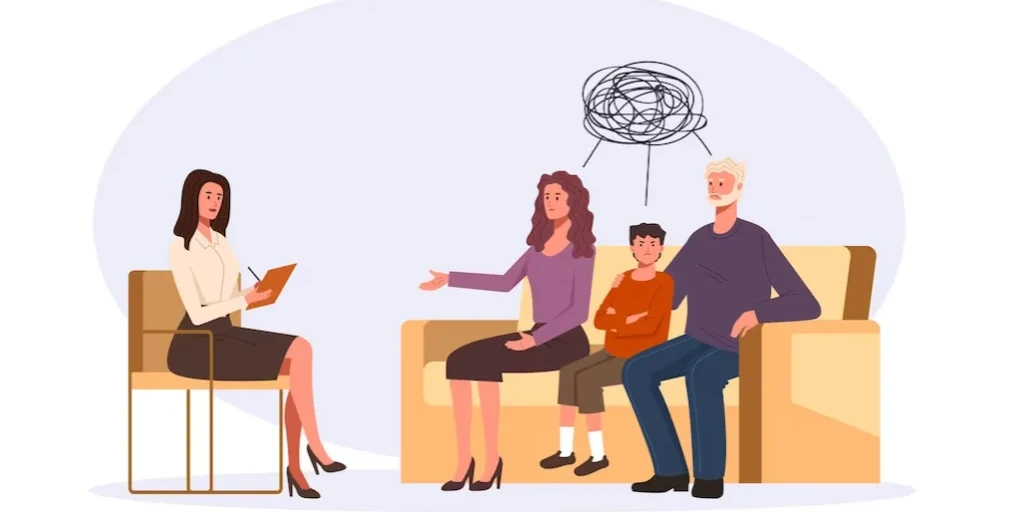24/7 Helpline:
(866) 899-221924/7 Helpline:
(866) 899-2219
Learn more about Medication-assisted Treatment centers in Green River

Other Insurance Options

Holman Group

Ceridian

Covered California

BlueShield

Optima

Kaiser Permanente

Ambetter

Premera

UnitedHealth Group

Magellan

United Health Care

BlueCross

Providence
Beacon

CareSource

WellPoint

Oxford

ComPsych

EmblemHealth

Health Choice

Four Corners Behavioral Health
Four Corners Behavioral Health is a public rehab located in Green River, Utah. Four Corners Behavior...

Southwest Counseling Service
Southwest Counseling Service is a comprehensive community mental health center that has been providi...






































































Four Corners Behavioral Health
Four Corners Behavioral Health is a private rehab located in Castle Dale, Utah. Four Corners Behavio...











